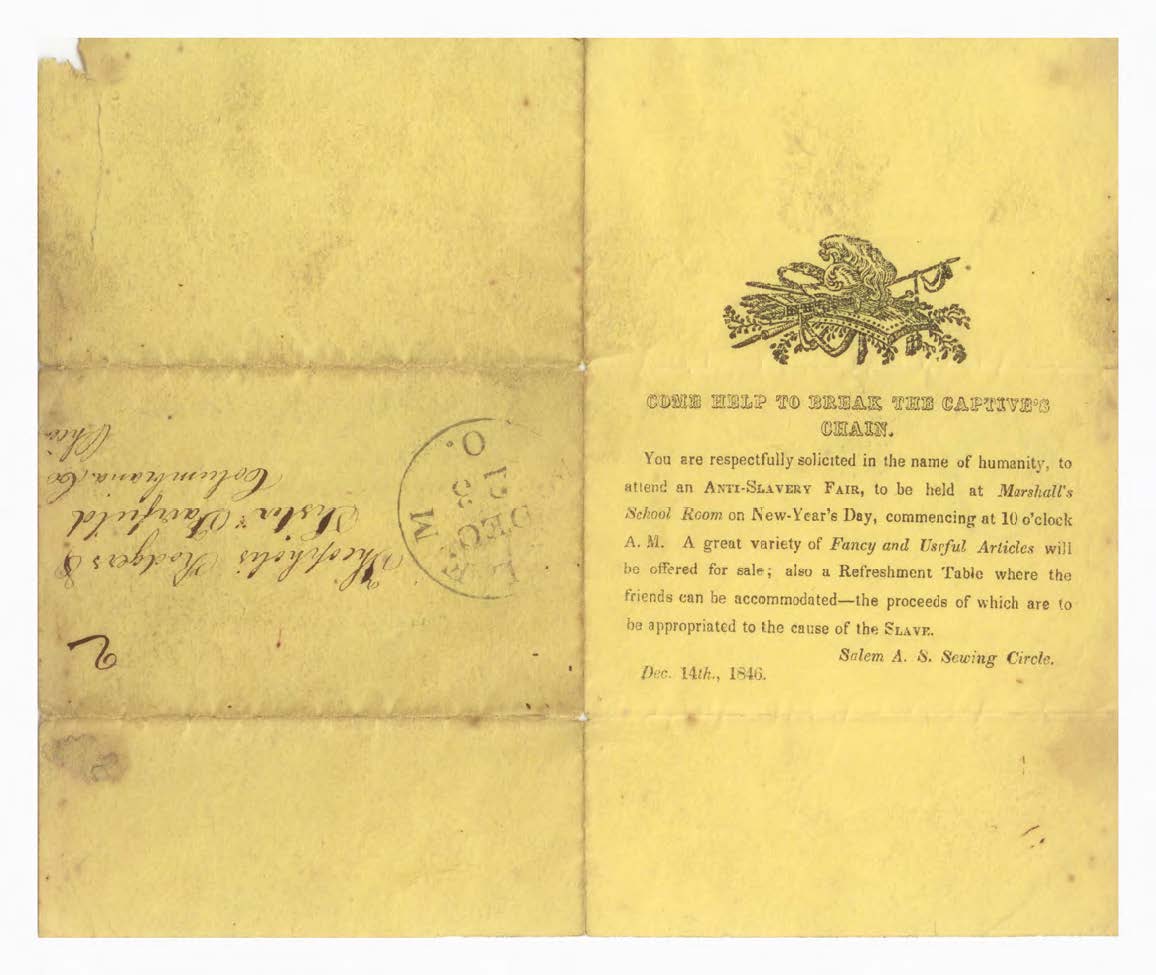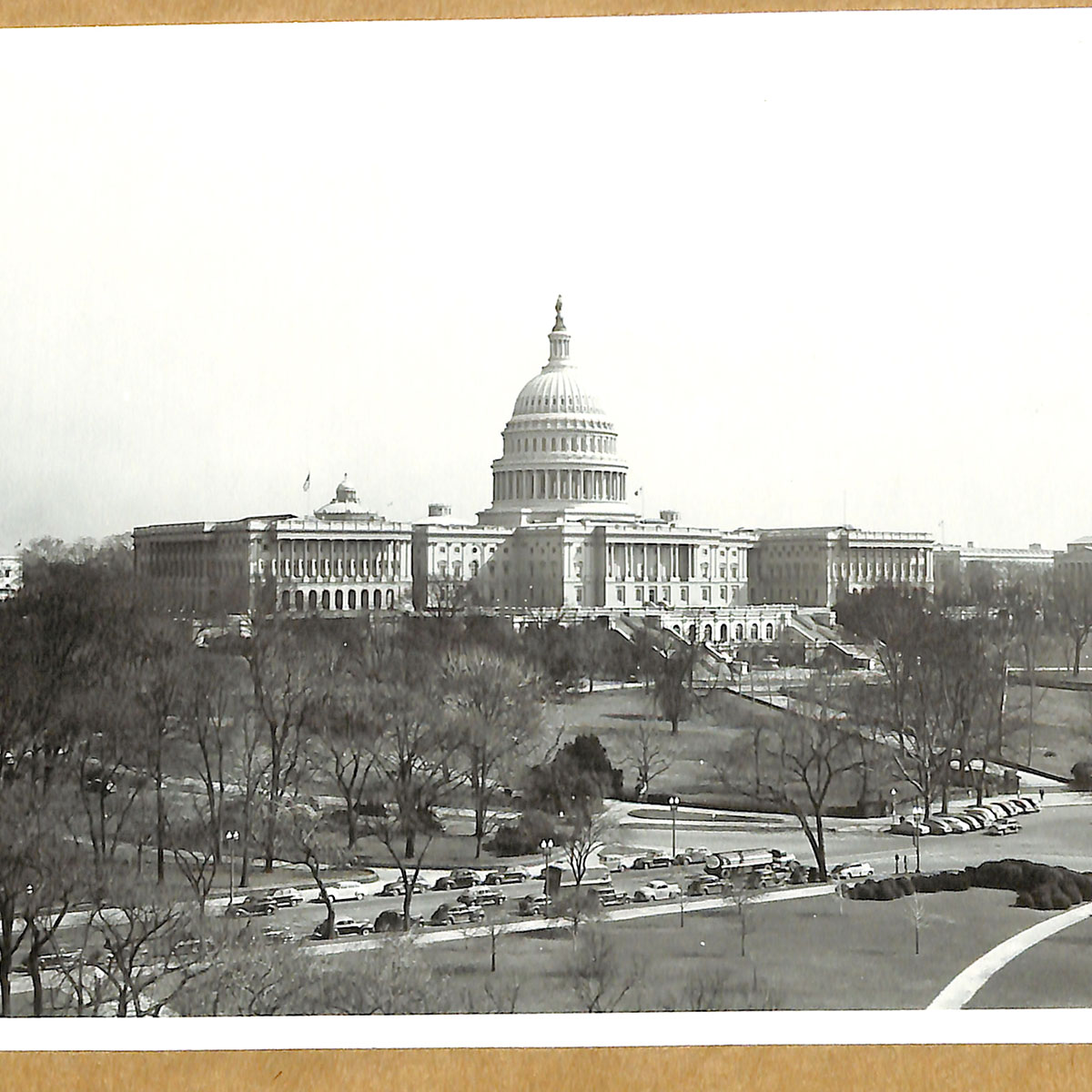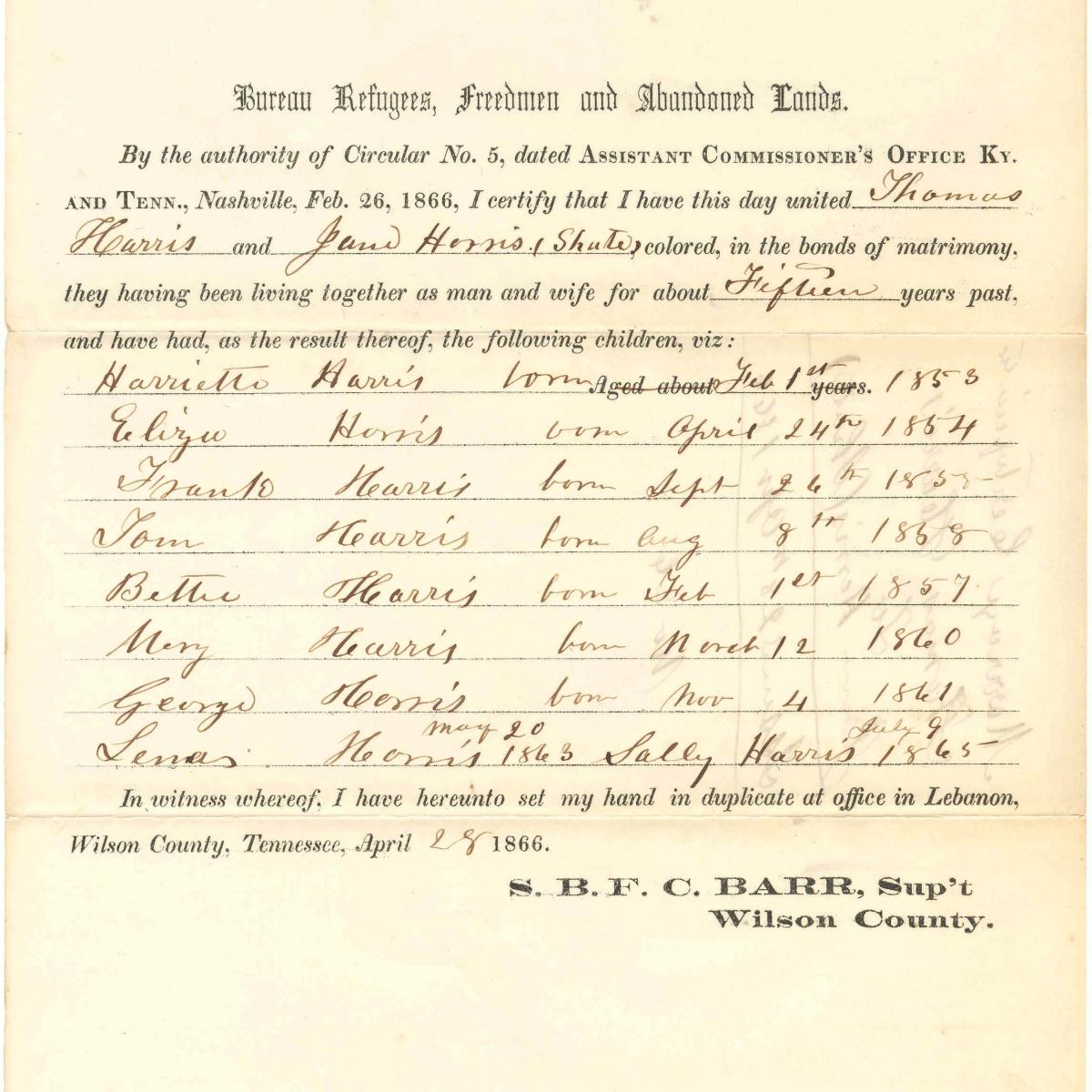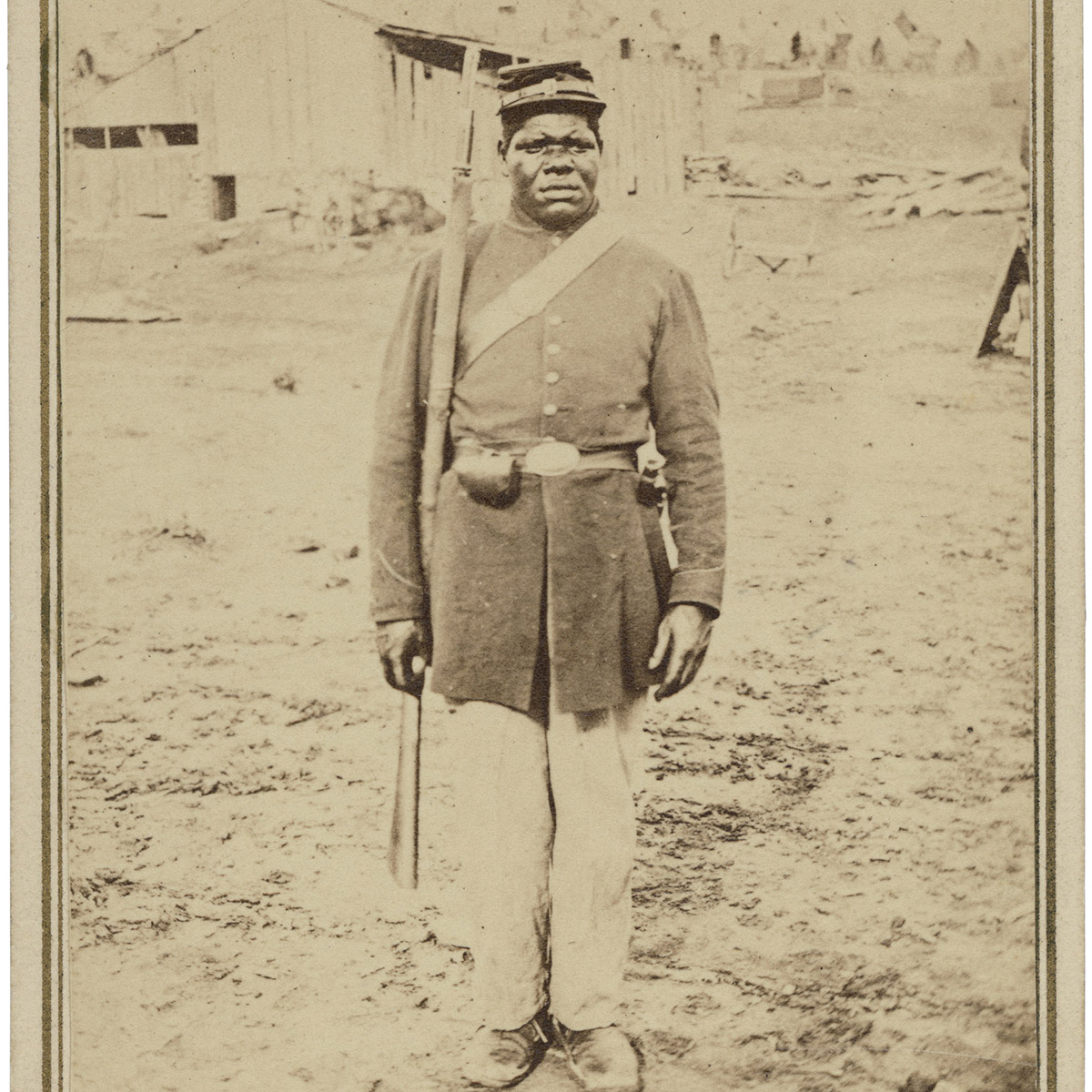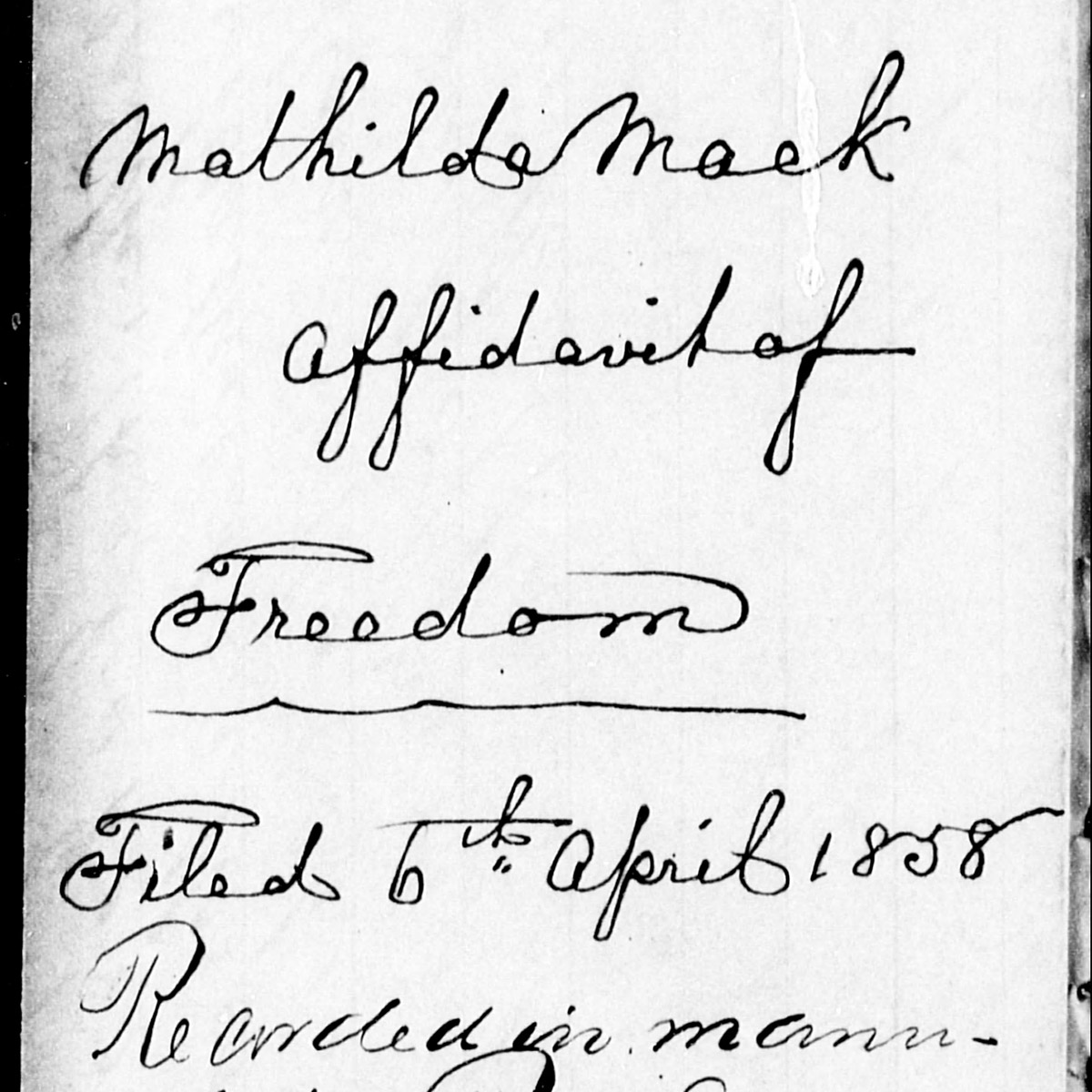
Records relating to American Slavery and the International Slave Trade
As the repository of the permanently valuable, noncurrent records of the Federal Government, the National Archives and Records Administration (NARA) only holds records that were generated by the various agencies and institutions of the United States Government, or from activities that were under direct Federal jurisdiction. During the antebellum period, "slaveholding" and "slave trading" were officially considered matters of private property and private enterprise and were not under the direct jurisdiction or regulation of any agency of the Federal Government (outside of legislation prohibiting the trans-Atlantic importation after 1808). Consequently, most records relating to slavery and slaveholders are held at local and state repositories—not at the National Archives.
Keep in mind that "legally" the enslaved were considered part of their "owners" property, and any documentation of their lives will be scattered among the records of the estate and business transactions of their "owners." So researchers of individuals who were enslaved must determine where various property records of the owners are held. These types of records are usually held on the county level in each state. The relevant documentation typically consists of items such as probate records, vital records, tax records, and other types of documents found in the court order books and county deed books (such as bills of sale, deeds of gift, mortgages, records of importation and manumissions). Once you identify the location of the owners’ records, you will be able to find whatever documentation exists on the subjects you are researching.
The records referenced in these pages highlight some of the records pertaining to slavery that are available at the National Archives. Information is arranged by government branch. Records at the National Archives cover national legislation relating to slavery and the international slave trade, Federal agencies that provided aid and assistance to formerly enslaved persons, individuals that served in the military in some capacity, and court cases relating to freedom seekers or fugitive slaves, purchases of ones own freedom, people illegally engaged in the slave trade, and enforcement of slavery laws.
For further insight, see Walter B. Hill Jr.'s Prologue article on this topic.
- II. Civil Records
- RG 29: Records of the Bureau of the Census (crop schedules)
- RG 36: Records of the United States Customs Service, 1745 - 1982
- RG 48: Records of the Office of the Secretary of the Interior
- RG 55: Records of the Government of the Virgin Islands
- RG 59: General Records of the Department of State
- Index to United States Documents Relating to Foreign Affairs 1828-1861
- RG 60: General Records of the Department of Justice
- RG 69: Records of the Work Projects Administration
- RG 76: Records of Boundary and Claims Commissions and Arbitration
- RG 206: Records of the Solicitor of the Treasury
- RG 217: Records of the United States General Accounting
- RG 287: Publications of the U.S. Government, 1790-1979
- RG 366: Records of Civil War Special Agencies of the Treasury Department
- III. Military Records
- IV. Judicial Records
